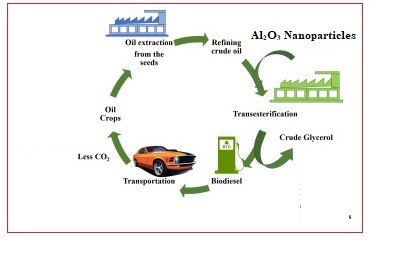
Global warming and pollution are two of the numerous causes of environmental issues due to industrial wastes and greenhouse gases. As a result, efforts are being made to limit emissions in order to mitigate these issues and reduce pollution. Given that fuel supplies are running low, biodiesel is one of the best alternatives to diesel fuel. One of the main obstacles to biodiesel's commercialization is its higher cost than diesel. One of the more superior substitute fuels for diesel is biodiesel, which is a fuel with great potential. When combined with 20% commercial diesel (B20), the resulting biodiesel is known as Pongamia. Improving engine performance and combustion characteristics while decreasing atmospheric NOX, CO, and HC exhaust emissions are the primary goals of this research. In comparison to neat diesel, BSFC and BTE were found to have increased by 12.27% and 15.34% respectively, while NOx, CO, and HC concentrations were decreased by 15.46%, 54%, 7.30%, and 25.67% respectively. Biodiesel mixed with Al2O3 nano additive significantly improves the performance and combustion characteristics of diesel engines.
Total file downloads: 11